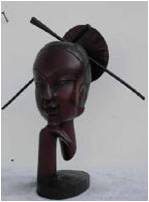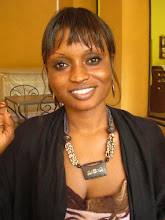The manufacturer model isn't limited to the technology industry. Airborne Direct manufactured bicycles for consumers based on their custom specifications, much like Dell did with computers. At its Web site, consumers were able to choose different types of bicycles and customize the components they wanted. The company used a "Bike Wizard" to help customers pick the right bike. Based on a number of different questions related to riding experience and body size, the wizard was able to select the right bike for each customer. If components were selected that might not be compatible with the bike, or that might delay a fast shipment, the Web site displayed special warning icons. Salespeople were available by phone or e-mail to assist customers with their orders prior to purchase. Additionally, Airborne allowed cyclists to store their custom bike designs in "online hangars" for 90 days to put bikes on display for viewing or to set up a gift registry. While most leading bicycle manufacturers remained loyal to their large networks of dealers, Yeti Cycles also sold custom bikes via the Internet. Mongoose used a combination of the two approaches to sell its line of titanium bikes, giving local retailers credit for bikes it sold online.
was another example of a company using the manufacturer model. This company sold flowers through its Web site. Founded by Mark and Alice Hayes, who operated a bulb farm near Portland, Oregon, orders sent to Flowerbud.com were filled by a handful of select growers across the United States, as opposed to florists. These growers shipped flowers in special packages via FedEx next-day service hours after being cut to ensure maximum freshness.
See below an example:
Inscription à :
Publier les commentaires (Atom)


Aucun commentaire:
Enregistrer un commentaire